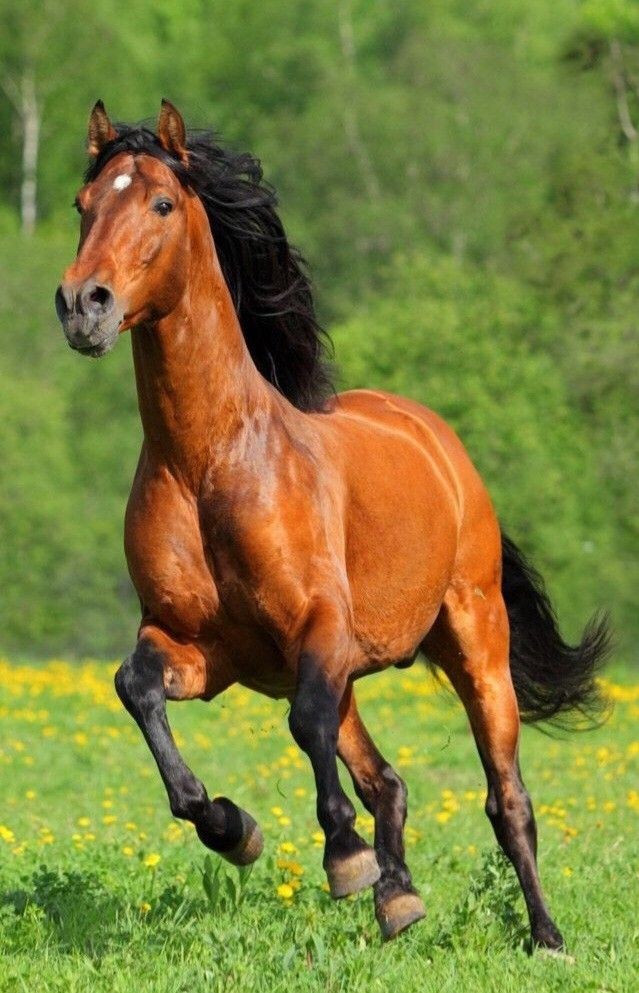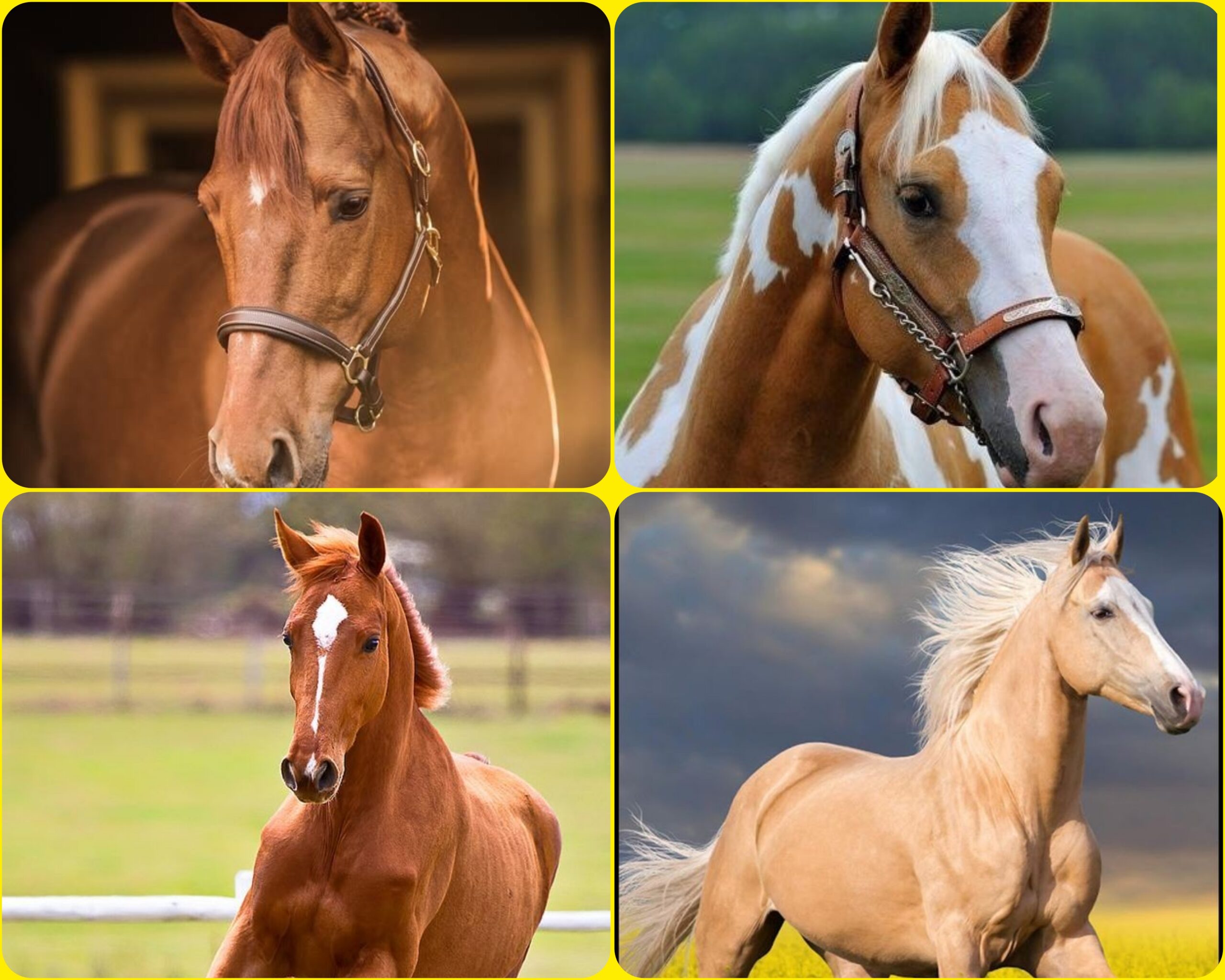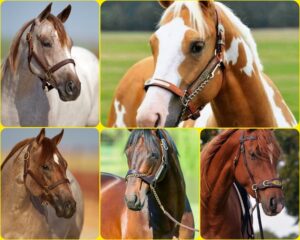Comprehensive Guide to Horse Care
Introduction
Horses are majestic and intelligent animals that require proper care and attention to thrive. Whether you are a new horse owner or an experienced equestrian, understanding the essentials of horse care is crucial to ensure the health and happiness of your equine companion. This guide covers various aspects of horse care, including nutrition, grooming, exercise, and healthcare.
Nutrition
Proper nutrition is the foundation of horse care. Horses are grazing animals that need a balanced diet to maintain their health.
- Forage: The primary component of a horse’s diet should be high-quality forage, such as hay or pasture grass. Horses should have access to forage throughout the day to mimic their natural grazing behavior.
- Concentrates: Depending on their activity level, some horses may require additional concentrates, such as grains or pelleted feeds, to meet their energy needs. It’s essential to consult with a veterinarian or equine nutritionist to determine the right balance.
- Water: Fresh, clean water should be available at all times. Horses can drink between 5-10 gallons of water daily, and this amount can increase in hot weather or during heavy exercise.
- Supplements: Depending on your horse’s specific needs, supplements such as vitamins, minerals, and joint support products might be necessary. Always consult a veterinarian before adding supplements to your horse’s diet.
Grooming
Regular grooming keeps your horse looking its best and helps you build a strong bond with them.
- Brushing: Use a variety of brushes to remove dirt, loose hair, and debris from your horse’s coat. Brushing also helps distribute natural oils, keeping the coat shiny and healthy.
- Hoof Care: Clean your horse’s hooves daily to remove dirt and stones that can cause discomfort or injury. Regular trimming by a farrier is essential to maintain healthy hooves.
- Bathing: While horses do not need frequent baths, occasional bathing can help keep their coat clean and manage skin conditions. Use horse-specific shampoos to avoid skin irritation.
- Mane and Tail Care: Regularly comb and detangle your horse’s mane and tail to prevent knots and tangles. Trimming the mane and tail can also help keep them neat and tidy.
Exercise
Horses need regular exercise to stay fit and healthy.
- Turnout: Providing ample turnout time in a safe, spacious area allows horses to move freely and socialize with other horses.
- Riding and Training: Regular riding and training sessions help maintain your horse’s physical fitness and mental well-being. Tailor the intensity and duration of exercise to your horse’s age, breed, and fitness level.
- Variety: Incorporate a variety of exercises, such as trail riding, jumping, and dressage, to keep your horse engaged and prevent boredom.
Healthcare
Routine healthcare is essential to prevent and treat illnesses and injuries.
- Vaccinations: Keep your horse up to date on vaccinations to protect against common diseases such as tetanus, influenza, and West Nile virus.
- Deworming: Regular deworming is necessary to control internal parasites. Your veterinarian can recommend a deworming schedule based on your horse’s age, environment, and risk factors.
- Dental Care: Horses require regular dental check-ups to ensure their teeth are healthy and free of sharp points or other issues that can affect eating.
- Veterinary Visits: Schedule regular veterinary check-ups to monitor your horse’s overall health and address any concerns promptly.
Conclusion
Caring for a horse requires dedication, knowledge, and a commitment to providing the best possible care. By understanding and addressing your horse’s nutritional, grooming, exercise, and healthcare needs, you can ensure a long, healthy, and happy life for your equine friend. Remember, each horse is unique, so always tailor your care routine to meet the individual needs of your horse.
This article should provide a comprehensive overview of horse care for your website, attracting visitors interested in equine care and management.




